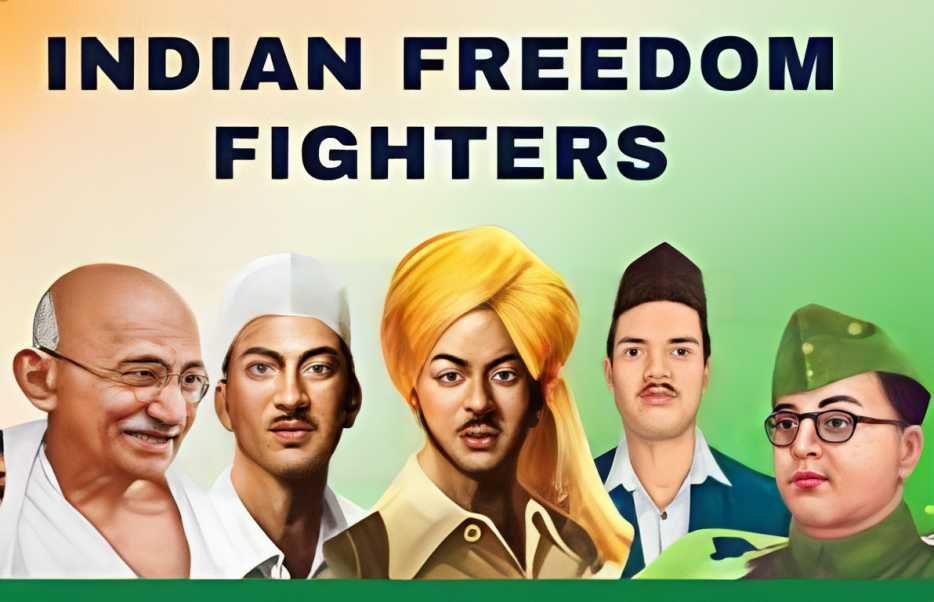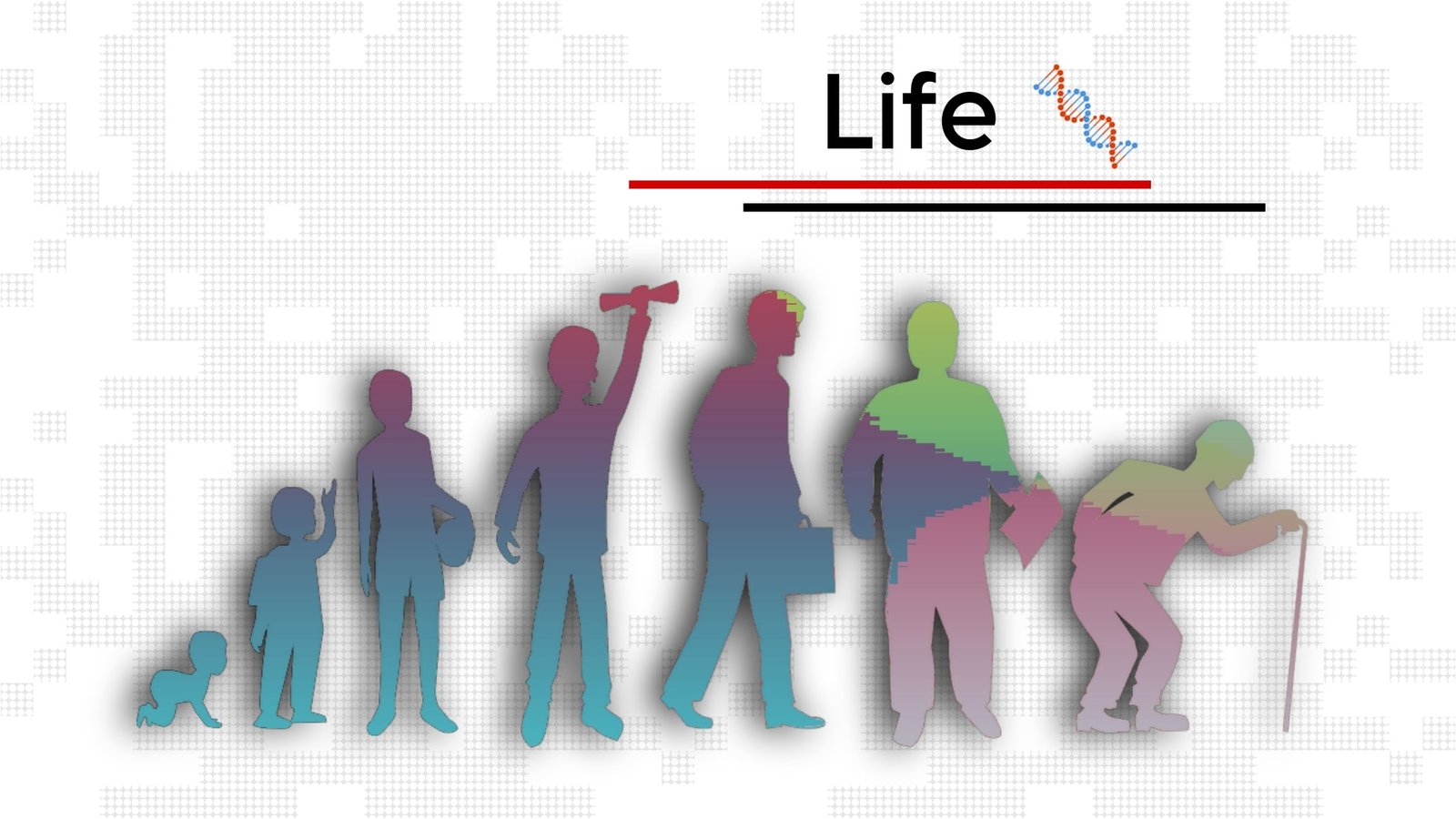The Greater Freedom Fighter of India
you must remember the dates 1867, 1869 and 1870. These are very important years in the history of some nations. Three great men of three different nations were born in these years. Sun Yat Sen was born in 1867 in China. He was the founder and first President of the Chinese Republic. Lenin was born in 1870 in Russia. He was the leader of the Russian Revolution of 1917.
He remained the head of the Russian Soviet Government till is death. Mohandas Karamchand Gandhi was born in 1869 in India. i.e two years after Sun Yat Sen and a year before Lenin. But he never became President or Prime Minister. He was a moral leader not a political leader. The life of this great Indian is extremely interesting. The purity and simplicity of his life made him immortal. The life history of this man who taught the world how to win battles without bloodshed, is on which every student should know.
Mahatma Gandhi was born on October 2, 1869 at Porbandar in Kathiawar. His full name was Mohandas Karamchand Gandhi. He completed his early Education at school of his village. At school, Mohandas was a shy boy. He did not mix free with his schoolmates nor did he take much part in games. Long walks in he open and was the from of exercise which he enjoyed the most. his books and his lessons were his sole companions. From the primary school, he was sent to a Suburban school and then to a high school. Now, he had already reached his twelfth year.
He never told a lie during his school days, either to his teachers or to his school fellows. There was an incident which occurred at an examination during He never told a lie during his school days, either to his teachers or to his his first year at the school. Mr. Gill, the Educational Inspector, came on a visit of inspection.
He gave his class five words to write as a spelling exercise. One of the words was ‘Kettle’. Gandhiji mispelt it. The teacher tried to prompt him with the point of his boot but Gandhiji did not pay attention. He wanted that Gandhi should copy the spelling from his neighbour’s slate. But, he thought that the teacher was there to supervise them against copying.
The result was that all the boys except he were found to have spelt every word correctly. Only he had been stupid. The teacher later tried to bring the stupidity home to him out without effect. He could never learn the art of copying.
At, the incident did not, in the least, diminish his respect for his teacher. He was by nature, blind to the faults of elders. Later, he came to know of many other failings on this teacher, but his regard for him remained the same. He had learn to carry out the orders of elders, not to scan their actions.
Gandhiji was married at thirteen. This early marriage caused a break in secre his studies at high school. By hard work he was later able to finish two classes in one year. He acquired certain bad habits in his boyhood from friends who misled him. He took to smoking and eating meat in t. But he had a strong will power even at that age.
A sense of guilt preyed upon his conscience. He gave up smoking and eating meat because he thought he was cheating his parents by doing these things in secret. He decided that now he would build his life on truth and honesty.
When Gandhiji was eighteen, he was sent to England to qualify as a barrister. He remained there for four years and became one in 1891. Returning to India, Gandhiji set up practice at the Bar but it was not successful. When he received an invitation from an Indian firm to go to South Africa as their lawyer, he readily accepted it.
In South Africa, the entire course of his life changed. Here, he was face to face with the sufferings, hardships and insults, social and political, which formed the lot of Indian Community in that country. Gandhiji decided to fight for their rights and made a study of the wrongs done to them. He organised his countrymen and started a struggle for justice and fair play. It was in South Africa that Gandhiji forged his weapon of Satyagraha. He told his followers, “Hate the sin and not the sinner.”
Soon after the first world war, Gandhiji returned to India in 1914. Here, he plunged into the struggle of the Indian people to regain their self-respect and freedom. He taught the people to meet violence with ahimsa, i.e. non-violence and Satyagraha. He said, “I cultivate in my soldiers the courage of dying without killing. I believe that non-violence is infinitely superior to violence. Forgiveness more human that punishment.”
After a long struggle and many movements. Gandhiji could liberate India on 15th August, 1947. A very long age of slavery came to an end on that day. Indians could breathe in the atmosphere of freedom. But they had to sacrifice many lives in achieving it. We made our own Constitution which came into effect on 26th January, 1950.
Since then, we have been celebrating two of our national festivals with great pomp and show. These are the Independence Day in 15th August and the Republic Day on 26th January. But unfortunately on the demand of the Muslim League, India was divided into two-India and Pakistan. Communal riots broke out in the whole country. He advised the Hindus and Muslims both to live like brothers.
Gandhiji toured all over India and saw many evils and problems in the society. The greatest problem of India were poverty and backwardness. The peasants were oppressed under various forms of zamindari. So, he worked to abolish zamindari from the Indian villages. He persuaded the people to practice simple living and high thinking. Even children were taught to spin khadi on the charkha. He believed that by using charkha, Indians could get enough to eat and wear.
Untouchability was one of the greatest evils in India. He taught the people that all of us are the sons and daughters of one Supreme God. So, we are all brothers and sisters. Castes and classes are man-made. So we should not think anyone as untouchable.
He adopted a girl from untouchable class and lived with her in his Ashram. He not only preached but also practised it. That is why the people followed him and accepted what he advised them. He asked the Hindus to o their temples for Harijans also. Thus, he improved the miserable conditions of the untouchables.
Gandhiji stretched out his hands to raise the status of women and to give them their rightful place in the society. He thought that purdah system was the symbol of weakness and helplessness of Indian women. So he decided to remove it. He stressed the education of women and said that it was the only means which will enable the women to know about their rights and duties t society.
Gandhiji did a lot a improve the condition of the villages and village people He wanted Swaraj in India. According to him, Swaraj meant that all the villages of India should be prosperous. Our villages from the heart of our country. Village panchayats were established to remove the distress of the villagers and to give them quick and correct justice.
So Jawahar Lal Nehru was appointed the first Prime Minister of free India and Dr. Rajendra Prasad, the first President. All of us know what great) appeal Pandit Jawaharlal Nehru had for the Indian masses. Gandhiji had chosen him as his most worthy disciple and successor. It was felt that, “The people of India listen to Nehru, Nehru listens to Gandhi and Gandhi listens only to God.”
Now, all the Indians were enjoying the fruits of freedom. Our leaders wer dreaming and planning for a prosperous country. Nobody knew that the end of the great apostle of peace and the Mahatma of all, was drawn near. His death a the hands of a mad man on January 30, 1948 was a shock not only to the peopled India but to men of peace and goodwill throughout the world.
Pandit Jawaharlal Nehru spoke to his countrymen, “The light has gone out of our lives and everywhere it is dark. The Father of the Nation is no more. The best prayer w can offer is to follow the path of Truth. The best tribute which we can pay to carry on the noble work for which he lived and for which he died.”
ALSO READ: EXPLORING THE WORLD OF BIOGRAPHY



